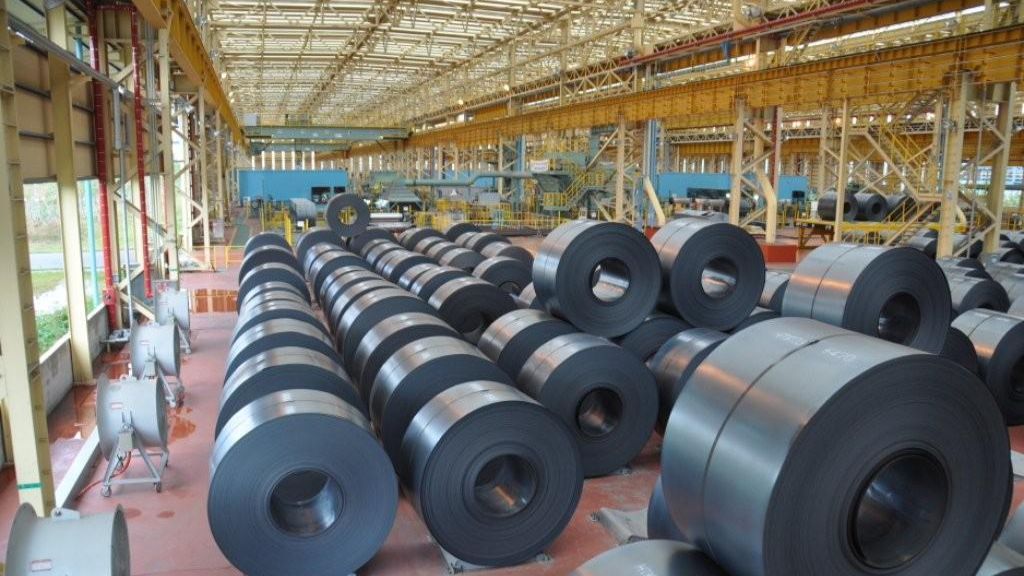South Korea Declares Gwangyang a Special Crisis Zone Amid Steel Industry Struggles
The South Korean government has officially designated Gwangyang, a major industrial hub in South Jeolla Province, as a special crisis-response zone. This critical measure comes as the city's economy, heavily reliant on the steel sector, faces immense pressure from a combination of global oversupply and escalating international trade protectionism.
Gwangyang's Deep Reliance on Steel
Gwangyang's economic fabric is deeply interwoven with its steel industry. Data from the Ministry of Trade, Industry and Resources reveals that steel production constitutes a significant 88.5 percent of the city's overall industrial output, accounts for 97.5 percent of its exports, and provides employment for 9.7 percent of its workforce. This profound dependency renders Gwangyang particularly susceptible to the volatilities and challenges inherent in the global steel market.
Government Support and Broader Context
For the duration of the next two years, Gwangyang will benefit substantially from this special designation. It will empower local businesses with vital support mechanisms, including access to emergency liquidity provisions and favorable low-interest policy loan programs. These initiatives are designed to help companies navigate the prevailing economic headwinds. Gwangyang marks the fourth city this year to receive such a designation, following similar declarations for Yeosu, Seosan, and Pohang, underscoring a broader national effort by the South Korean government to address industrial vulnerabilities across the country.
Global Challenges Facing the Steel Sector
The wider South Korean steel industry has been enduring significant hardships, primarily driven by a worldwide surplus in supply and the increasing prevalence of protectionist trade policies enacted by major economies. Notable examples include the 50 percent tariffs imposed by the United States on all steel imports and the European Union's proactive measures to strengthen its steel safeguard plans.
Future Outlook: Towards High-Value and Eco-Friendly Steel
In response to these formidable challenges, the government recently unveiled a comprehensive roadmap. This strategic plan is engineered to bolster the steel sector's competitiveness, emphasizing crucial support for the industry's necessary transition towards producing high-value and environmentally friendly products. This commitment signals a clear focus on innovation and sustainability in an evolving global landscape.

